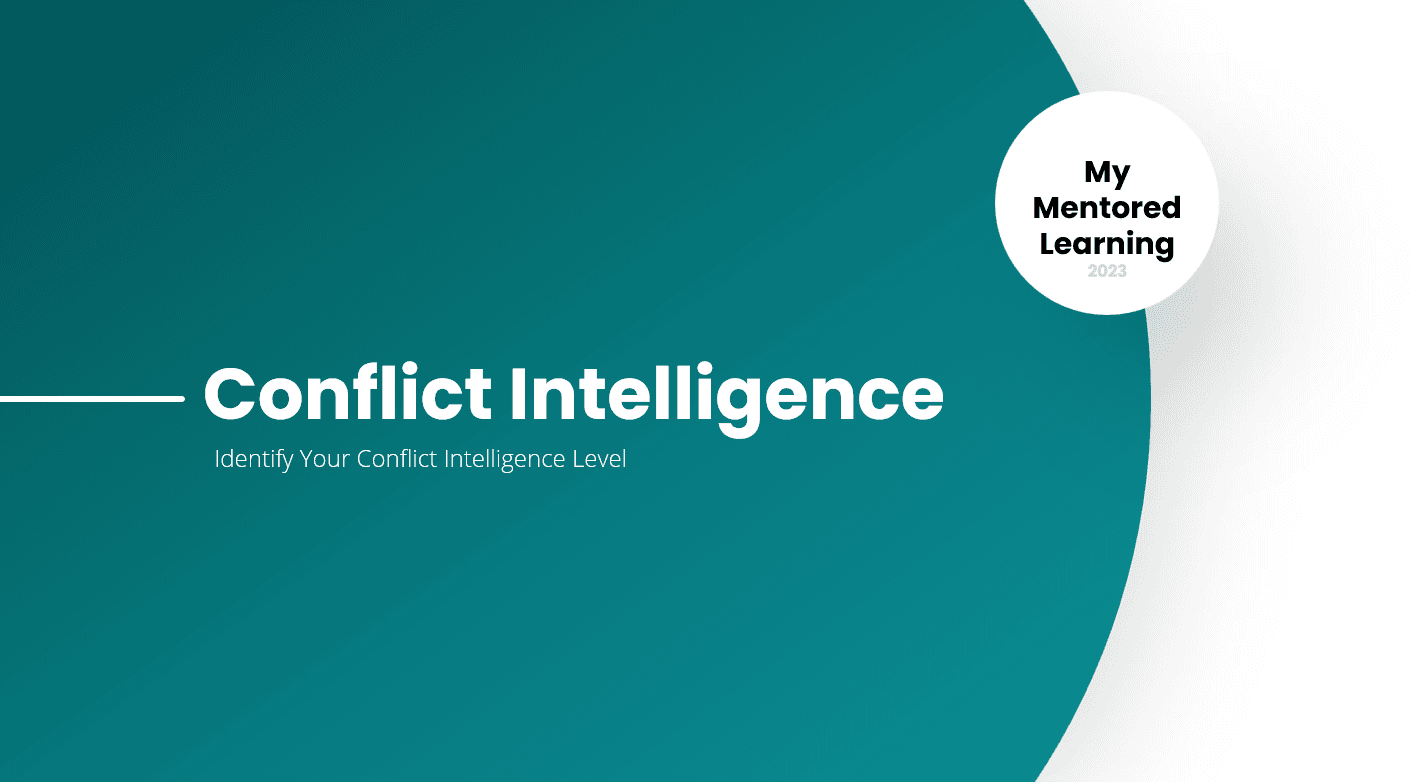Free Learning Resources from My Mentored Learning
Are you a leader building a change-ready culture and enhancing your change-leadership capabilities?
Look no further! In partnership with Alice Meredith, my Mentored Learning, Inc. offers free learning resources to help you on your learning journey.
Our learnables are short, interactive micro-learnings perfect for training icebreakers or self-development. With a focus on change leadership, these resources will help you navigate the challenge of leading change in your organization.
Fostering Cultures of Inclusion: Resources for People Leaders

This resource provides engaging questions to foster open discussions that promote inclusivity. These questions initiate conversations that can help leaders create a safe space for team members to share their perspectives and ideas.
Uncovering Hidden Bias: Peeling Back Layers to Shed Light on Implicit Bias

This resource presents two engaging exercises that encourage participants to reflect on their personal beliefs, perceptions, and social conditioning. These exercises are designed to help individuals identify and address their hidden or implicit biases.
Elevate Your Learnability: Measure Your Self-directed Learning Skills and Unleash Your Potential

The Learnability Assessment is designed to measure an individual’s capacity and willingness to acquire new skills, knowledge, and capabilities quickly. In today’s constantly changing landscape, organizations need employees who can adapt and evolve professionally to facilitate change. This assessment helps identify an individual’s ability to grow, develop and remain employable throughout their career by recognizing when their skills are no longer relevant and proactively developing new ones for future success. By measuring an individual’s learnability, organizations can identify employees who are best suited to adapt to changing environments and drive growth within the organization.
Feedback-Seeking Behavior Self Assessment

The Feedback-Seeking Behavior Assessment is a tool designed to identify a person’s openness to seeking feedback and their comfort level in receiving constructive criticism. It emphasizes the importance of continuous learning and growth and highlights the benefits of seeking feedback as a way to improve oneself and the world around us. The assessment also acknowledges common barriers to seeking feedback, such as a fear of rejection and discomfort with criticism, and provides insight on how to over these obstacles. By taking this assessment, individuals can better understand their feedback-seeking behaviors and develop strategies for becoming more resilient in their pursuit of growth.
Effective Communication: Assessing Your Communication Style

The Assertiveness Communication Style Assessment measures how effectively individuals express their thoughts and feelings while respecting their needs and those of others. This assessment distinguishes between passive, aggressive, and assertive communication styles and helps individuals identify where they fall on the spectrum.
Conflict Intelligence: Identify Your Conflict Intelligence Level

The Conflict Intelligence Assessment measures your level of self-awareness, knowledge, and abilities to effectively manage conflicts with humility, objectivity, and empathy. The assessment evaluates your ability to regulate your emotions and treat others with respect, even in challenging situations. By measuring your Conflict Intelligence level, the assessment provides insight into your strengths and areas for improvement in managing conflicts with compassion and insight for yourself and others. Developing Conflict Intelligence is crucial for attaining peace, and this assessment can help identify ways to strengthen this vital aspect of your life.
Conflict Resolution: Identify Your Natural Conflict Resolution Style

The Natural Conflict Resolution Style Assessment is designed to help individuals identify their innate approach to conflict resolution, by assessing key leadership behaviors such as self-awareness, self-control, assertive communication, collaboration, problem-solving, empathy, and active listening. Individuals can gain insight into their natural conflict resolution style. This knowledge can help individuals become more adept at recognizing and managing their reactions to conflict, leading to more constructive conflict resolution outcomes.
